
Botswana lifts ban on elephant hunting
After five years, hunting will now be allowed in Botswana, home to about a third of Africa’s savanna elephants.
After a five-year suspension, the government of Botswana has decided once again to allow sport hunters to kill elephants, according to a statement issued on May 22 by the Ministry of Environment, Natural Resource Conservation and Tourism.
Botswana is home to more than 130,000 elephants—about a third of Africa’s remaining savanna elephants—and it appeared to have largely escaped the recent ivory poaching crisis. Continent-wide elephant numbers dropped by 30 percent between 2007 and 2014, according to the Great Elephant Census, an 18-country aerial elephant count conducted by Elephants Without Borders that was completed in 2016 and funded by Vulcan.
While hunting elephants is now legal in Botswana, American sport hunters may not rush there because it’s unlikely they’d be able to bring their trophies home. In 2017, a controversy erupted after the U.S. Fish and Wildlife Service decided to lift the ban on elephant trophy imports from Zimbabwe and Zambia. After President Donald Trump tweeted his dissatisfaction with the decision, the Fish and Wildlife Service reversed course and decided to evaluate all applications to import elephant trophies from all countries on a case-by-case basis. Since then, no permits have been issued.
In June 2018, the government of Botswana put together a committee to advise on whether the trophy hunting ban should be lifted. Implemented in 2014 under then-President Ian Khama, the goal was to better conserve species like elephants. “There was little accountability from the community trusts” managing hunting at the time, said Elephants without Borders director Mike Chase, in an interview with National Geographic this February, when the proposal was being debated. “The villagers didn’t benefit from the hunting quota and the fees that the hunters were paying.”
Nonetheless, the committee—which included local authorities, NGOs, researchers, industry representatives, and others—found that “there is a negative impact of the hunting suspension on livelihoods, particularly for community-based organizations” that were previously benefiting from hunting.
It also found that the Department of Wildlife and National Parks was taking too long to intervene and control destructive elephants, which can destroy a season’s worth of crops in a single night.
“The general consensus from those consulted was that the hunting ban should be lifted,” the statement says. “On the basis of these issues, the Government has reflected and assessed the recommendations, and lifted the suspension.”
“You have to consider the international backlash”
“We can have a sustainable quota, which will have negligible impact on the population,” Chase said. “But you have to weigh that up and consider the international backlash...and how that may undermine our economy, our jobs, and our reputation for being at the forefront of conservation.”
Still, he empathizes with the communities that face the brunt of elephant damage and have advocated for the reinstatement of hunting. He notes that elephants’ range has expanded dramatically in Botswana because drought has caused them to wander farther in search of water, meaning they’re coming into contact with humans more often.
“Sharing their lives with a five-ton animal that threatens their lives, destroys their crops, damages their properties—I share their anguish,” he said. “When you’ve tried all kinds of alternatives...and they’re still dangerous, the animal has to be destroyed. At least the communities should be able to benefit by letting a hunter come in and pay to do it,” he said in February.
Khama has criticized the move as purely political, intended to shore up rural votes ahead of the October election.



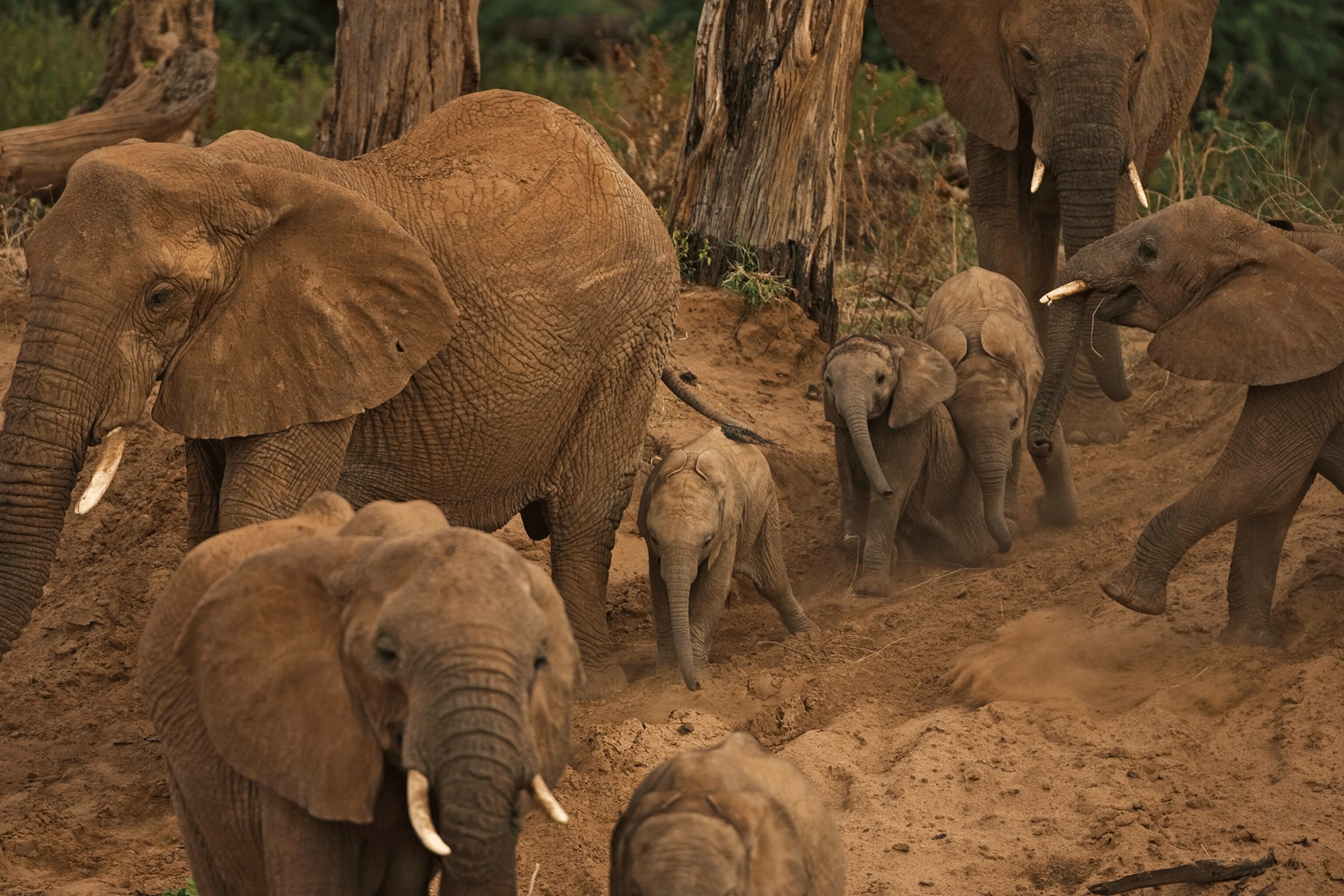
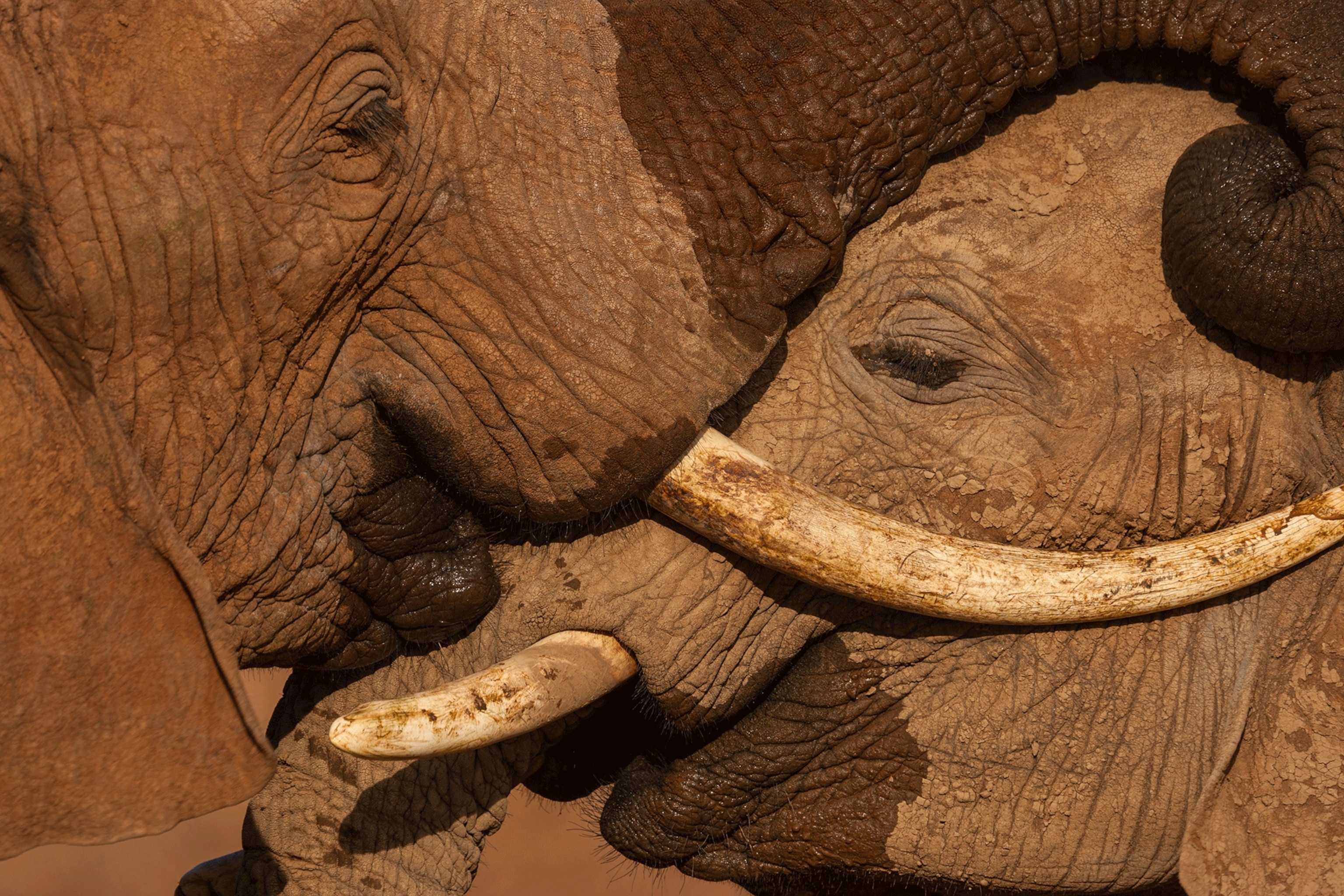
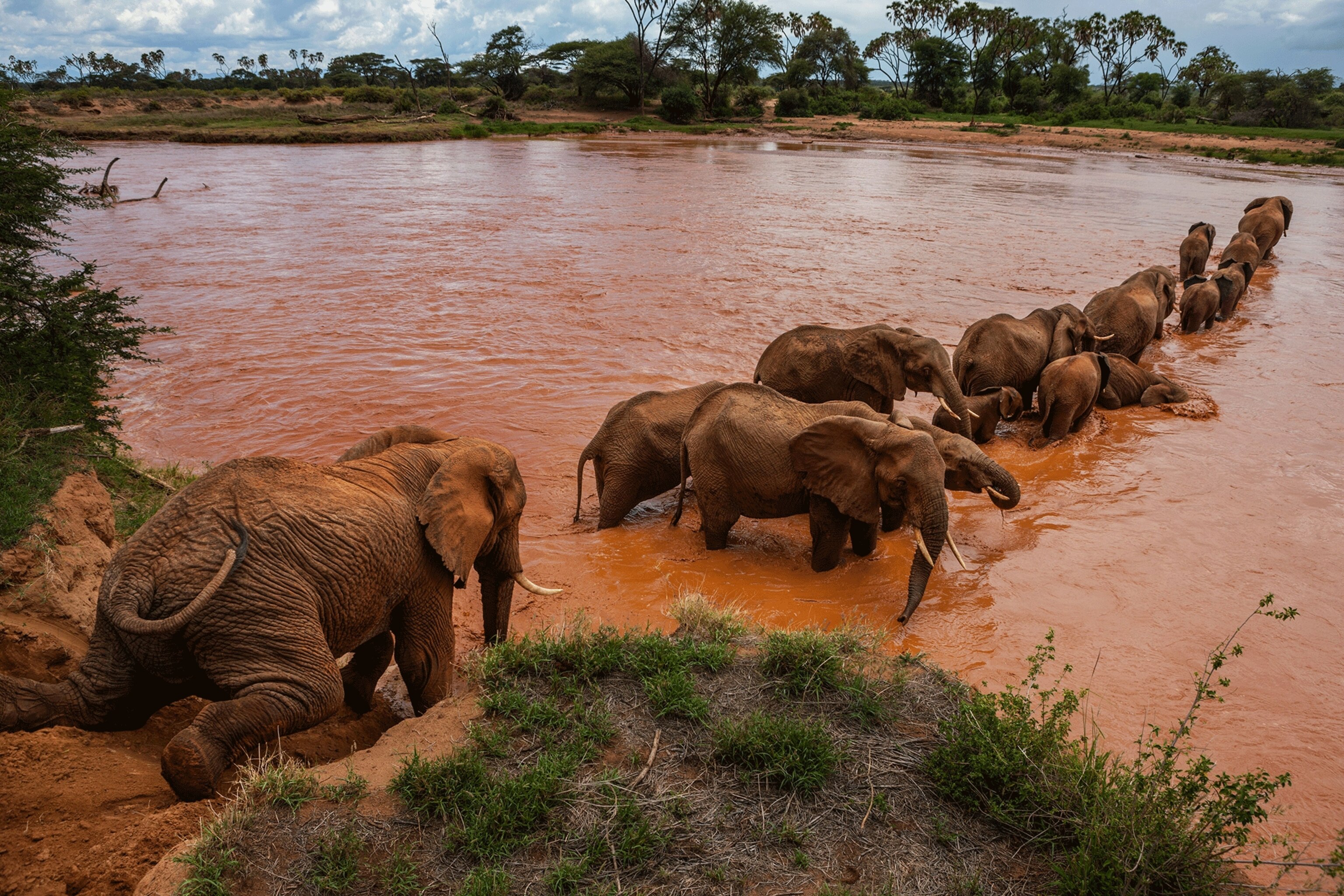


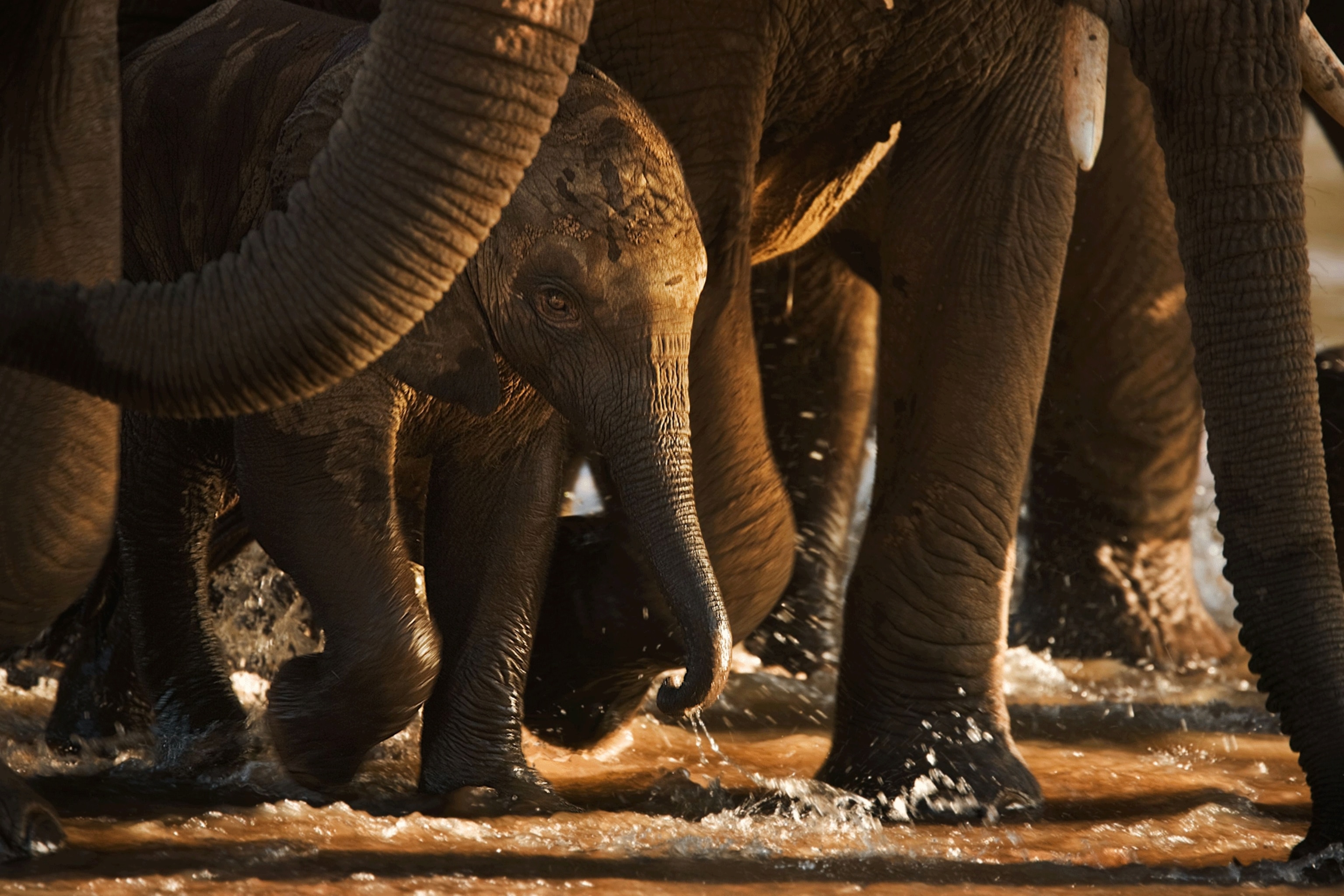
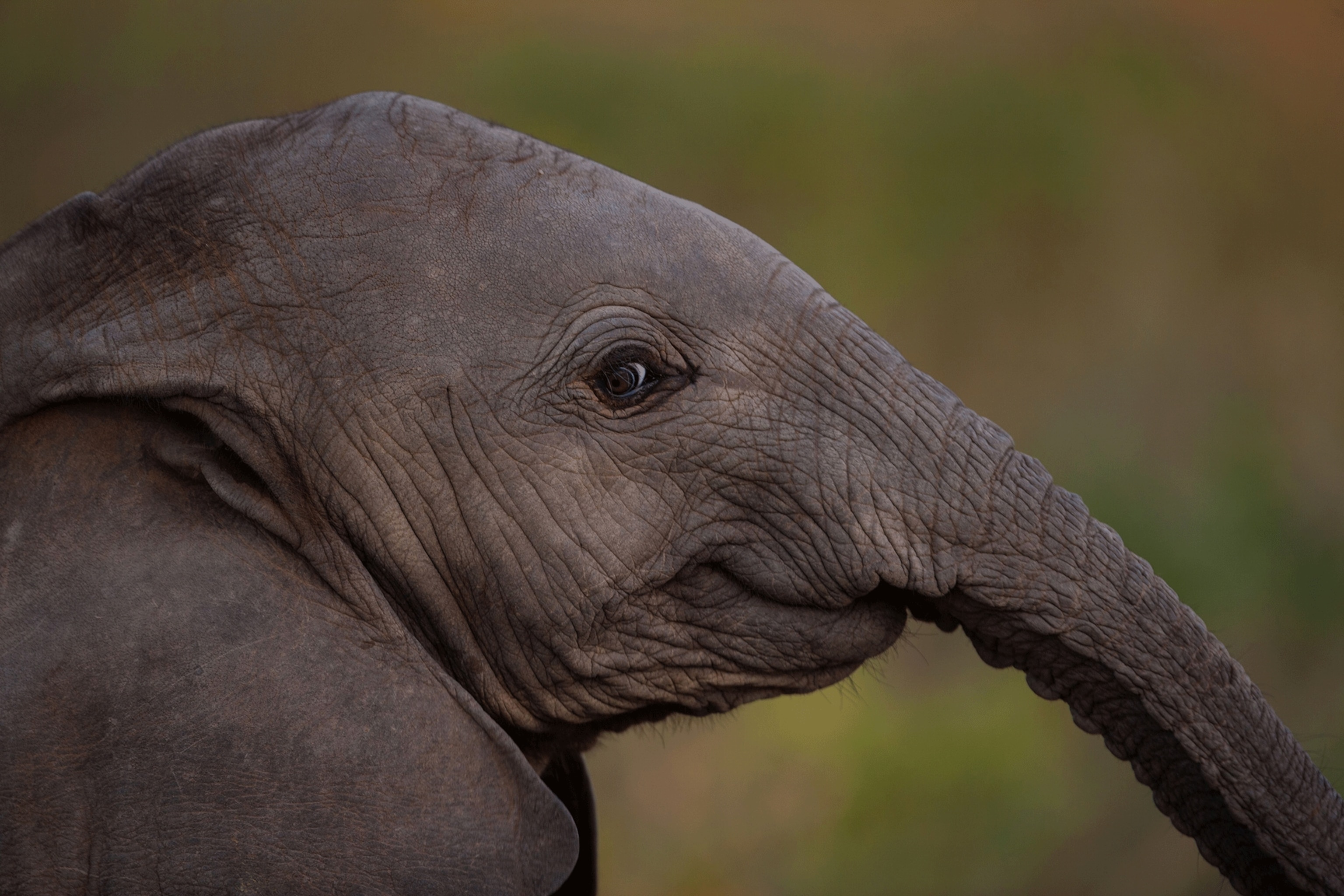


Dan Ashe, the head of the Fish and Wildlife Service during the Obama administration and now the president and CEO of the Association of Zoos and Aquariums, says that while he personally doesn’t like the idea of hunting elephants for sport, it’s important to recognize Botswana’s authority to regulate its own wildlife.
“Botswana always enjoyed a very good standing with the U.S. Fish and Wildlife Service, and a reputation for professional management and relatively corruption-free government,” he says, adding that when he ran the service, “we had a professional confidence in Botswana.”
Many conservationists are opposed to elephant hunting, both because of the decreasing number of elephants continent-wide and because of ethical concerns—there is no doubt that elephants are capable of empathy and emotion.
Hunting will be reinstated “in an orderly and ethical manner” with more details to come, the government statement says.
Related Topics
You May Also Like
Go Further
Animals
- Octopuses have a lot of secrets. Can you guess 8 of them?
- Animals
- Feature
Octopuses have a lot of secrets. Can you guess 8 of them? - This biologist and her rescue dog help protect bears in the AndesThis biologist and her rescue dog help protect bears in the Andes
- An octopus invited this writer into her tank—and her secret worldAn octopus invited this writer into her tank—and her secret world
- Peace-loving bonobos are more aggressive than we thoughtPeace-loving bonobos are more aggressive than we thought
Environment
- Listen to 30 years of climate change transformed into haunting musicListen to 30 years of climate change transformed into haunting music
- This ancient society tried to stop El Niño—with child sacrificeThis ancient society tried to stop El Niño—with child sacrifice
- U.S. plans to clean its drinking water. What does that mean?U.S. plans to clean its drinking water. What does that mean?
- Food systems: supporting the triangle of food security, Video Story
- Paid Content
Food systems: supporting the triangle of food security - Will we ever solve the mystery of the Mima mounds?Will we ever solve the mystery of the Mima mounds?
History & Culture
- Strange clues in a Maya temple reveal a fiery political dramaStrange clues in a Maya temple reveal a fiery political drama
- How technology is revealing secrets in these ancient scrollsHow technology is revealing secrets in these ancient scrolls
- Pilgrimages aren’t just spiritual anymore. They’re a workout.Pilgrimages aren’t just spiritual anymore. They’re a workout.
- This ancient society tried to stop El Niño—with child sacrificeThis ancient society tried to stop El Niño—with child sacrifice
- This ancient cure was just revived in a lab. Does it work?This ancient cure was just revived in a lab. Does it work?
Science
- The unexpected health benefits of Ozempic and MounjaroThe unexpected health benefits of Ozempic and Mounjaro
- Do you have an inner monologue? Here’s what it reveals about you.Do you have an inner monologue? Here’s what it reveals about you.
- Jupiter’s volcanic moon Io has been erupting for billions of yearsJupiter’s volcanic moon Io has been erupting for billions of years
- This 80-foot-long sea monster was the killer whale of its timeThis 80-foot-long sea monster was the killer whale of its time
Travel
- This town is the Alps' first European Capital of CultureThis town is the Alps' first European Capital of Culture
- This royal city lies in the shadow of Kuala LumpurThis royal city lies in the shadow of Kuala Lumpur
- This author tells the story of crypto-trading Mongolian nomadsThis author tells the story of crypto-trading Mongolian nomads




